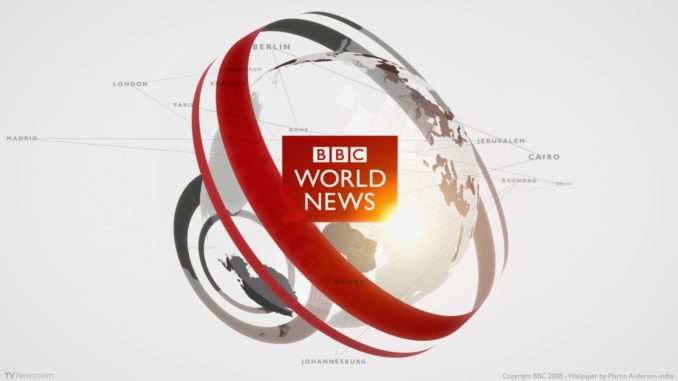
by Anaïs Boisdron Populo
Since Saturday, looks are turning towards Mali where an attack by an unidentified armed militia has left more than 134 dead.
Reporting on the news the next day BBC.com left some shadow spots in its article, providing good information but failing to use the great tools that the internet provides to online journalism, for instance, the opportunity to use multimedia like pictures, videos or data visualisation. As it is the news would have been easier to understand for readers without knowledge of Mali and its inhabitants’ situation.
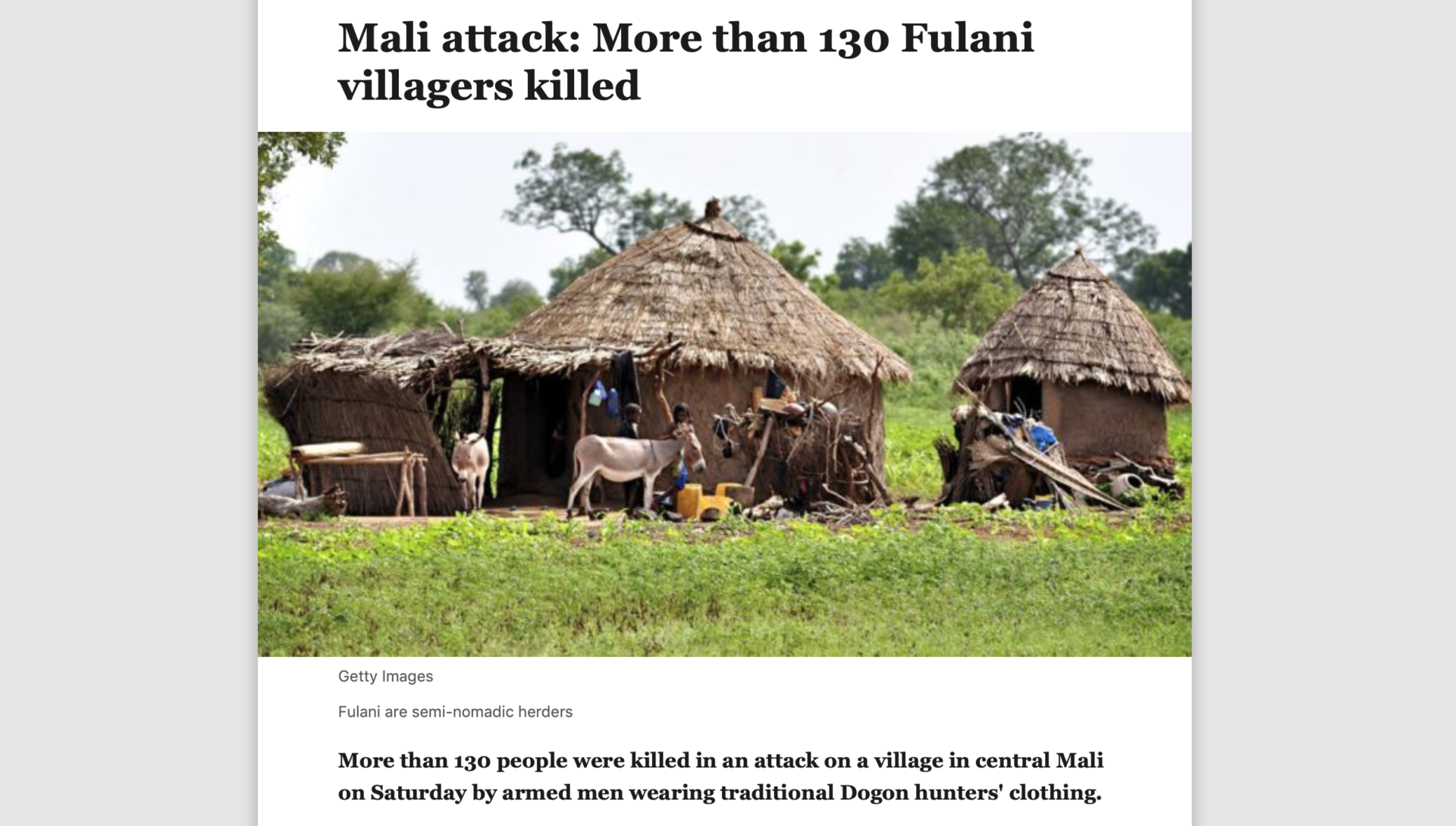
As we can see on the image above, the article opens on the dramatic news of the villagers’ deaths. While the title is short and concise and does explain with accuracy the content of the article, the following image fails to back up the story. The first picture could have been more precise without the need to show dead bodies, it could have carried to us the cruelty of the situation, and helped us acknowledge with emotion the reality of the Ogossagou massacre.
CNN published a news report the same day (it has been updated since), and managed to show images that were filmed by local Associated Press reporters based in the area. The embedded video amplifies the understanding of the event in a broader way. The images shot by Tabital Pulaaku were reproduced in other media news reports too.
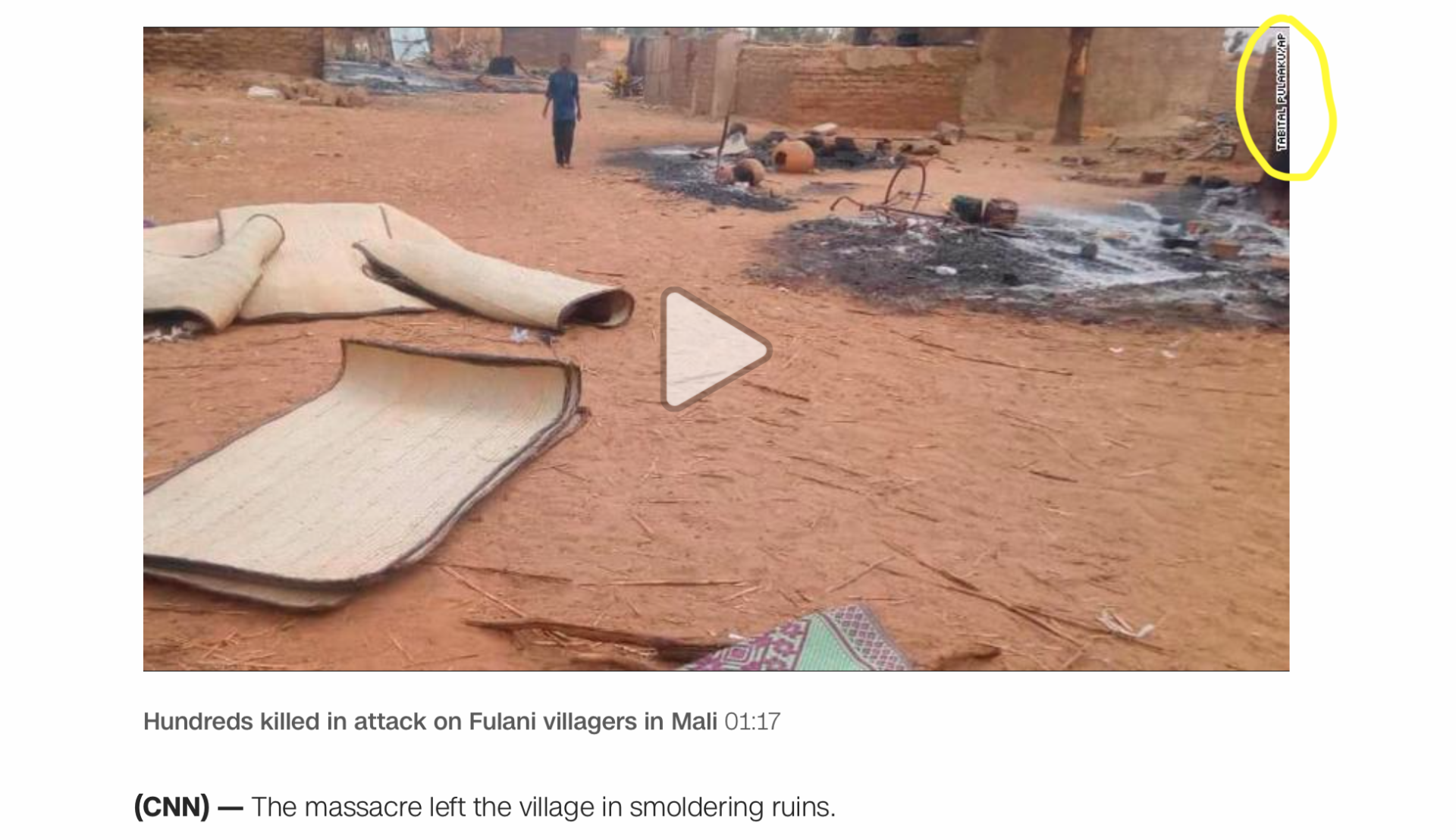
While the only issue could have been the lack of relevant picture, it appears that the BBC’s news article is also failing on providing a map that could have, at least, shown the emplacement of Ogossagou in Mali. The effort is noticeable as there is a screenshot of a map, but only showing the region of Mopti, with no concern in narrowing the information by adding the capital (Bamako) and Ogossagou on the map.
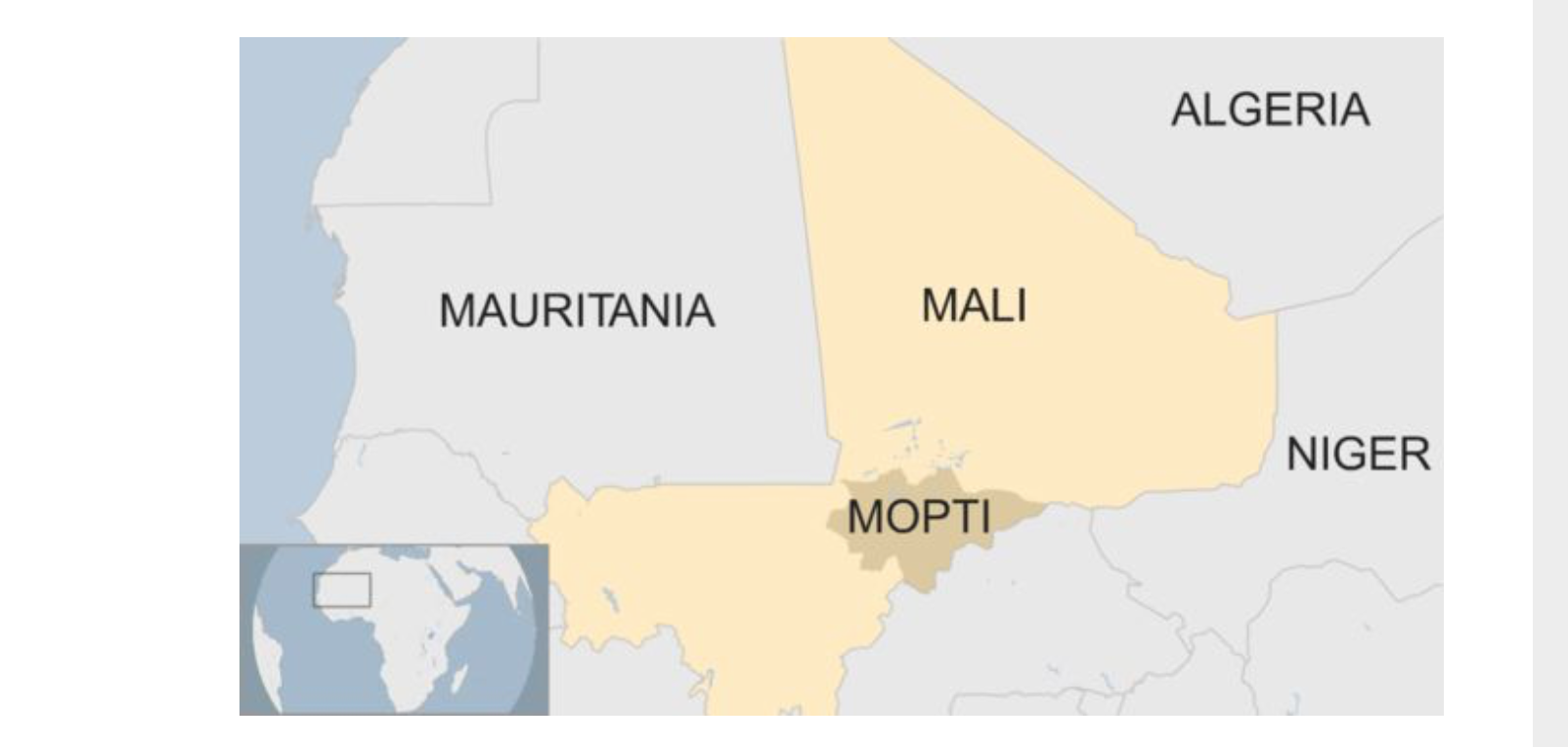
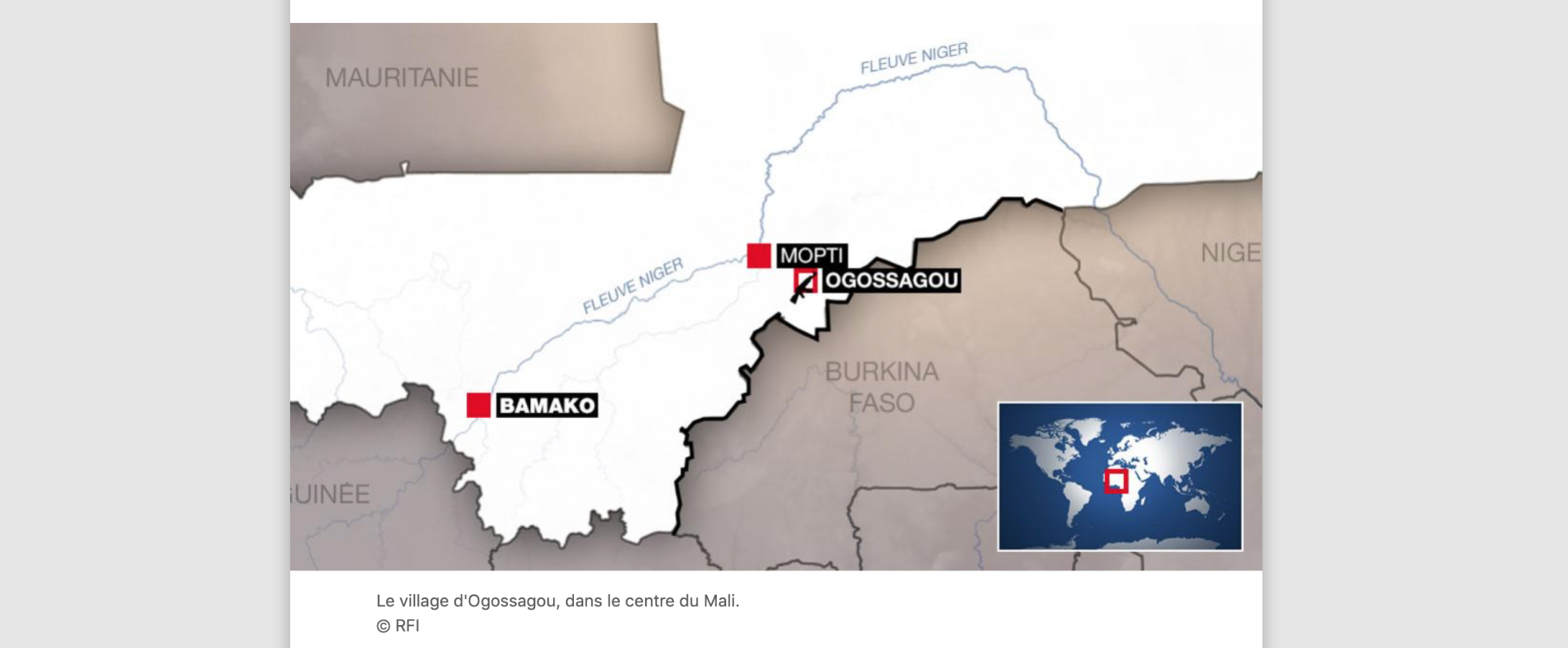
One of the other improvement to the online article would have been to provide embedded link towards other BBC’s articles that were published. Only one link is redirecting to the country profile and take us directly, interupting our reading, to the other article.
A quick search on BBC’s website showed results for other relevant articles wrote in connexion to the story. If most of the other articles were published after this first one, the first BBC article could have been updated and completed as it is the first one to appear on motor’s engine research for ‘mali+BBC’ and ‘Ogossagou+BBC’.
For instance this sentence…
“The Dogon also accuse Fulanis of ties to jihadist groups. The Fulanis claim that Mali’s military has armed the hunters to attack them.”
… could have been embedded that way, in order to redirect towards other relevant pieces of information.
“The Dogon also accuse Fulanis of ties to jihadist groups. The Fulanis claim that Mali’s military has armed the hunters to attack them.”
When reading the 1st of January 2019 article; that was just linked above, I also noticed that exact same sentences were copied and reused in the ‘Mali attack: More than 130 Fulani villagers killed’ published on the 24th of March.
Yet, another example of lazy journalism in this news coverage.


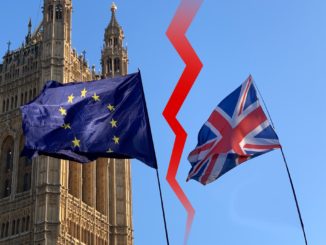
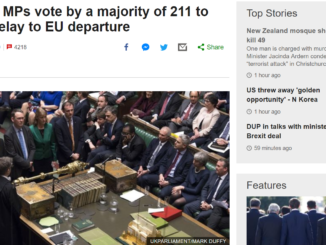

Good work Anais. Your suggestions for links, images and a more carefully detailed map are well articulated. The tag at the end of the story does aggregate Mali stories, but some could have been strategically linked to give historical background and context for the massacre. I also wanted some detail about the UN visit.
Your own web-writing practice is outstanding. I would not use so may keyword tags though, as there are only three-four that are relevant for a news search: Mali, Ogossagou, massacre, jihadist. BBC is not necessary on a BBC story. Also you didn’t need to repeat your byline at the head of the article, as it’s already present under the headline, and again in your bio after the post. You’ve gone well over the 200 word limit, so for the full assignment pay attention to the word limit.